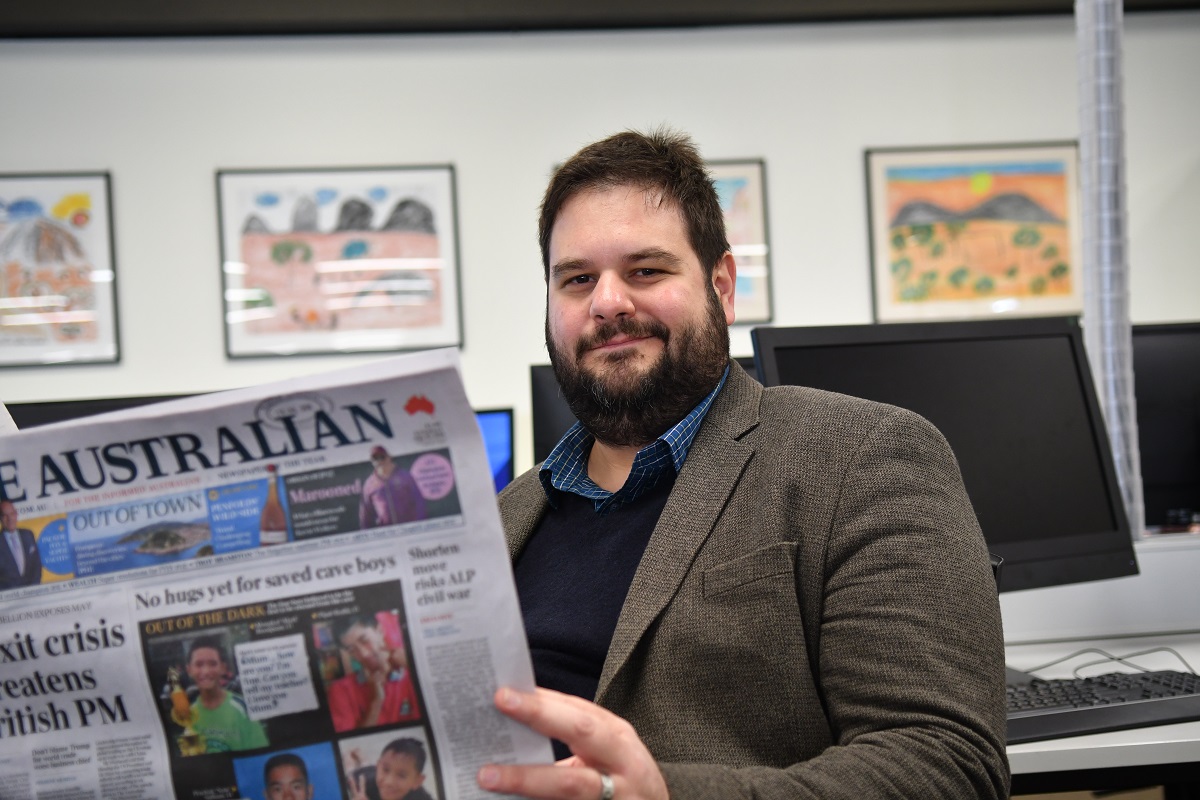
In the lead-up to the federal election, Rodrigo Praino, Associate Professor in politics and public policy, explains his research into what influences how people vote in elections.
What made you decide to work in the research field?
My father has a video of me at age 7 during a family trip to Venice in a gondola, asking endless questions about what made Venice a Republic and how exactly did its political system work. I’ve always been extremely curious, especially about things related to politics. Research is a natural fit for someone like that. I learn things that nobody else knew and share them with the world.
What is your current research about?
I study political behaviour and decision-making. Advanced democracies have been constantly struggling in the past 50 years with voters who unfortunately know very little about politics, candidates and elections. How are these people deciding who to vote for? I’ve found that things such as the physical attractiveness of candidates running for office or their involvement in a scandal before the election actually play an important role in the decision-making process of voters.
How will it benefit the wider community?
Knowing how people make their decisions and understanding all the related mechanisms is the only way to help them make better decisions. For instance, while the UK is struggling with Brexit, many who voted to leave the EU now say they didn’t understand the consequences of their vote. This is what my research can help prevent. In a democracy, your vote is a very powerful tool. As with any powerful tool, if you don’t know how to use it properly, you can seriously hurt yourself and others with it.
What has been your proudest moment as a researcher?
I won a South Australian Young Tall Poppy of Science Award in 2018, which recognises excellence in scientific research and science communication. It is presented by the Governor of South Australia, and my wife, a previous winner of this award, was able to attend the ceremony. My mother happened to be visiting from overseas and, for the first time, she saw me receiving an award – and it was the first time my son saw me receive an award. He started walking the day before the ceremony, so he proudly took his first steps around the hall, pointing at me.
What has been your most challenging moment as a researcher?
Papers and grant proposals get rejected after months working on them. So, working in research teaches you the art of learning how to deal with rejection. You learn to improve the rejected papers to get them published, and re-worked grant proposals end up being successful.
What does a normal day look like for you?
Being an academic is not a 9-to-5 job. It never has been and never will never be. I essentially have three jobs: a teacher, a researcher, and a University administrator, and I’m also engaging with the community. Every day is different, from being alone in my office analysing data for hours, to travelling around the world and giving public talks in front of hundreds of people. Suddenly, something topical happens and my schedule goes out of the window and I spend the day talking to journalists and writing opinion pieces. I never really know what tomorrow will look like, and this is part of what makes my job so exciting.
If there is one piece of advice you could impart on future researchers and university students, what would it be?
Choose your path carefully. The only way to succeed is to do something you really love and that excites you.

